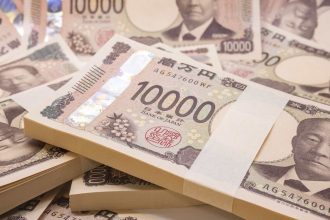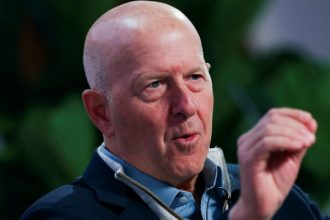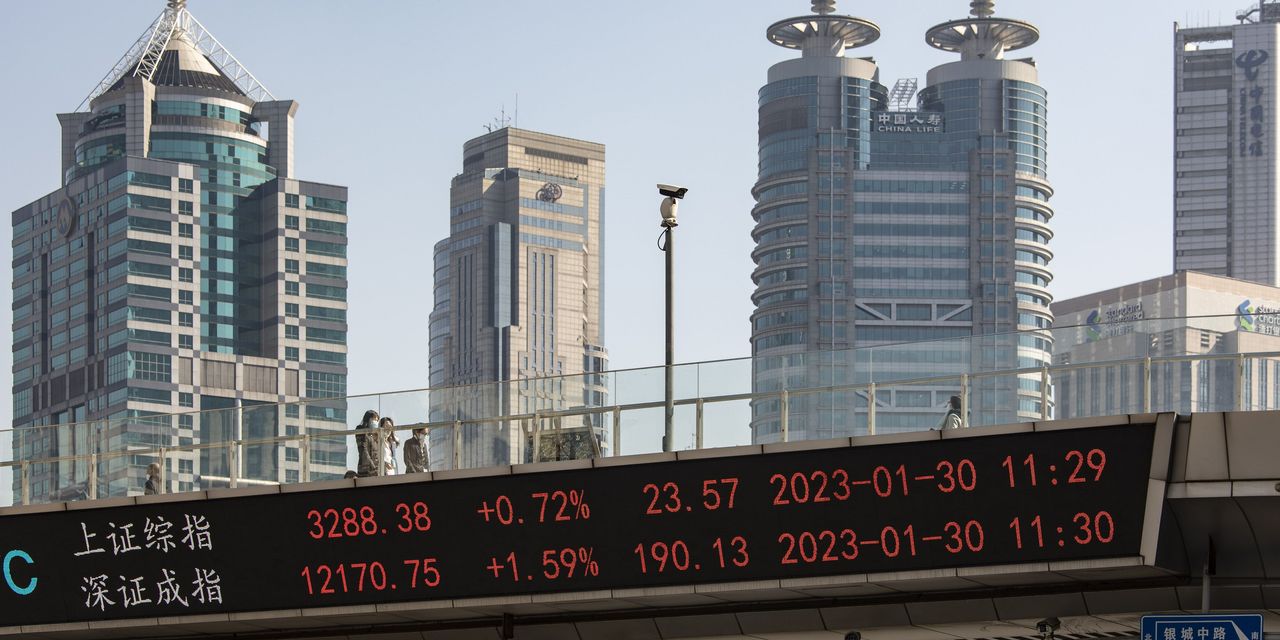China is a behemoth, comprising between 25% to 30% of broad-based emerging market indexes. Investors wanting to limit their exposure to the Asian nation until now had only a few fund options.
That’s changed. Since late 2022, at least five “ex-China” emerging market funds have hit the market from asset managers such as Goldman Sachs, Putnam, and WisdomTree, bringing the total to at least 10 exchange-traded funds and mutual funds that shun Chinese stocks.
Investors have reasons to consider them. Persistent geopolitical tensions with the U.S. grab headlines, and tepid post-Covid growth means China has underperformed other emerging market countries in 2023. Others may want to avoid investing in China because of its human-rights record.
Marc Zeitoun, chief operating officer, North America, at Columbia Threadneedle Investments, cites increased advisor interest in its $231 million
Columbia EM Core ex-China
ETF (ticker: XCEM), with year-to-date net inflows the second-highest of its 12 ETFs. It’s the oldest ex-China ETF, launched in 2015, when investors worried that the inclusion of mainland China companies in emerging market indexes would diminish diversification, he says.
“Now it’s [concerns] about perceived geopolitical risk and portfolio risk at a very difficult and challenging time in the capital markets globally,” Zeitoun says.
| Fund / Ticker | AUM | YTD Return | 1-Yr Return | 3-Yr Return | 5-Yr Return | Expense Ratio |
|---|---|---|---|---|---|---|
| iShares MSCI Emerging Markets ex China / EMXC | $4.4 billion | 9.7% | 11.2% | 7.3% | 3.3% | 0.25% |
| Freedom 100 Emerging Markets / FRDM | $585 million | 14.5 | 18.1 | 10.9 | N/A | 0.49 |
| Dimensional Emerging Markets ex China Core Equity Portfolio / DAADX | 544 | 12.2 | 15.4 | N/A | N/A | 0.43 |
| Columbia EM Core ex-China / XCEM | 239 | 10.9 | 14.6 | 8.3 | 4.4 | 0.16 |
| KraneShares MSCI Emerging Markets ex China Index / KEMX | 31 | 9.4 | 13.2 | 8.8 | N/A | 0.23 |
| MSCI Emerging Markets Investable Market Index | 5.4% | 3.1% | 1.3% | 1.5% |
Note: Returns through July 10; three- and five-year returns are annualized. N/A=not applicable
Sources: Morningstar; Bloomberg
After Russia’s invasion of Ukraine last year, portfolio managers dumped their Russian holdings at big losses. Geopolitical concerns have intensified about the possible risk of China invading Taiwan, although no invasion is imminent. China considers Taiwan part of its country.
Geopolitical fears prompted Gerald Goldberg, CEO and co-founder of GYL Financial Synergies, to include the $4.4 billion
iShares MSCI Emerging Markets ex China
ETF (EMXC) in his firm’s total emerging markets allocation. It allows him to underweight China, though he doesn’t want to completely eliminate exposure.
“The geopolitical risks associated with China are higher than what they’ve been historically,” he says.
By excluding China, many of these funds give a greater weight to Taiwan, India, and South Korea—names such as
Taiwan Semiconductor Manufacturing
(TSM),
ICICI Bank
(IBN), and
Samsung Electronics
(005930.Korea) are often in their top 10 holdings. There’s also greater exposure to Latin America, Eastern Europe, and the Middle East, including holdings such as
Vale
(VALE) and
Saudi Arabian Oil
(2222.Saudi Arabia).
Limiting China exposure lately has been a winning move, as funds that exclude China with three- and five-year track records—the $587 million
Freedom 100 Emerging Markets
ETF (FRDM), as well as the Columbia and iShares funds—have significantly outpaced funds such as the $71.9 billion
iShares Core MSCI Emerging Markets
ETF (IEMG), which has 26% China exposure.
The ex-China funds’ outperformance may not last if the Asian giant’s economy rebounds, given that it makes up at least a quarter to a third of emerging market indexes. China’s size overshadows the value added by other countries, says Henry Hom, portfolio co-manager of the Columbia fund. Taiwan, India, and South Korea in the past five years have all added value.
“If you take out China, you’ll see other countries have a stage to shine,” he says.
The debut of so many ex-China funds could be performance chasing, says Perth Tolle, founder of Life and Liberty Indexes and the creator of the Freedom 100 Emerging Markets Index, which includes countries based on personal and economic freedom metrics.
“This view that China is suboptimal as an investment is now mainstream. I think autocracy risk has become more on the forefront of investor minds,” she says.
Email: [email protected]
Read the full article here





